14-DAY FREE TRIAL
Subscribe to Arihanta Institute’s Course Membership for unlimited access to our growing library of live and self-paced courses.


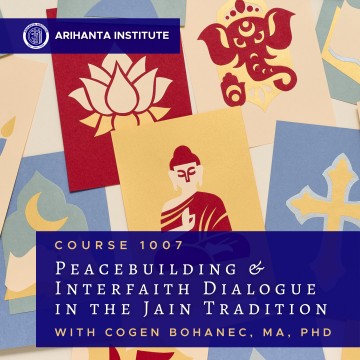

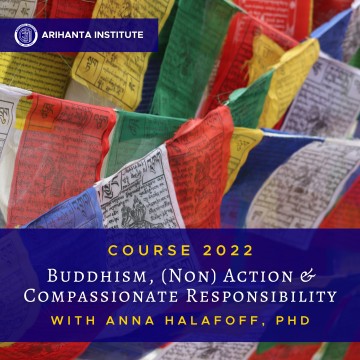
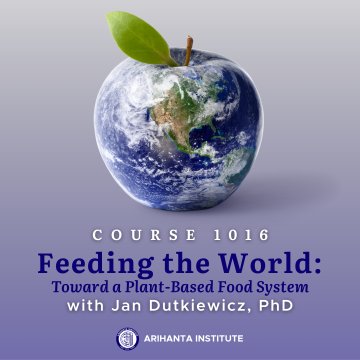

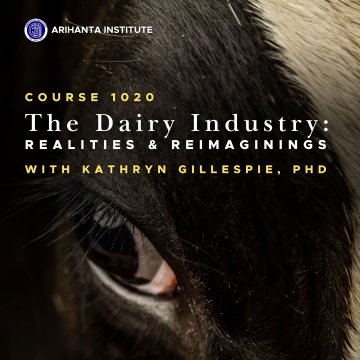
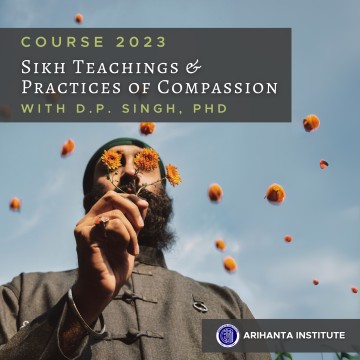

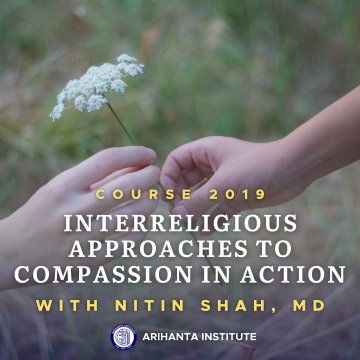
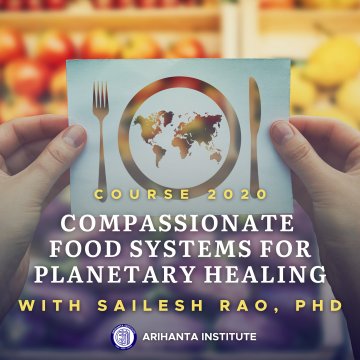
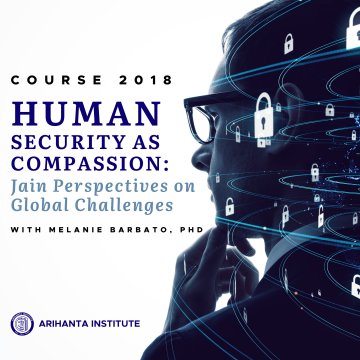
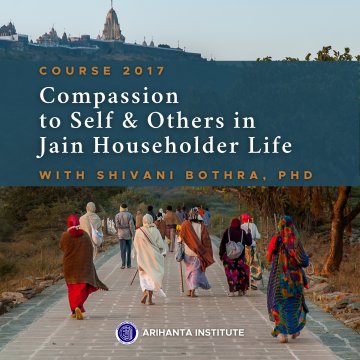
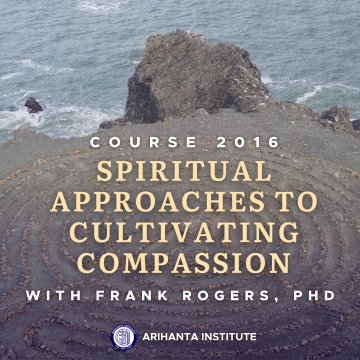
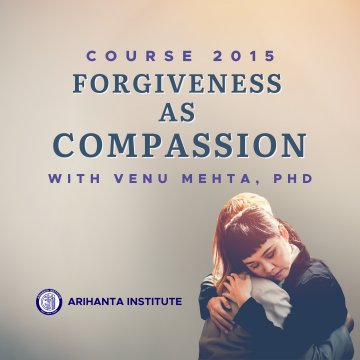
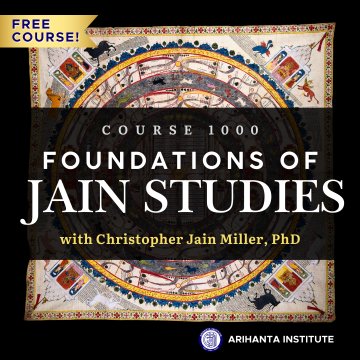

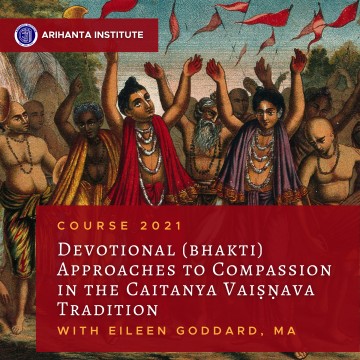

 Course materials available beginning March 2, 2026, + 4 hours live Q&A Zoom sessions on Saturdays, March 7, March 14, March 21, and March 28 from 9:00 - 10:00 a.m. PT.
Course materials available beginning March 2, 2026, + 4 hours live Q&A Zoom sessions on Saturdays, March 7, March 14, March 21, and March 28 from 9:00 - 10:00 a.m. PT.
 Course materials available beginning Feb 2, 2026, + 4 hours live Q&A Zoom sessions on Fridays, Feb 6, Feb 13, Feb 20, and Feb 27 from 9:00 - 10:00 a.m. PT.
Course materials available beginning Feb 2, 2026, + 4 hours live Q&A Zoom sessions on Fridays, Feb 6, Feb 13, Feb 20, and Feb 27 from 9:00 - 10:00 a.m. PT.